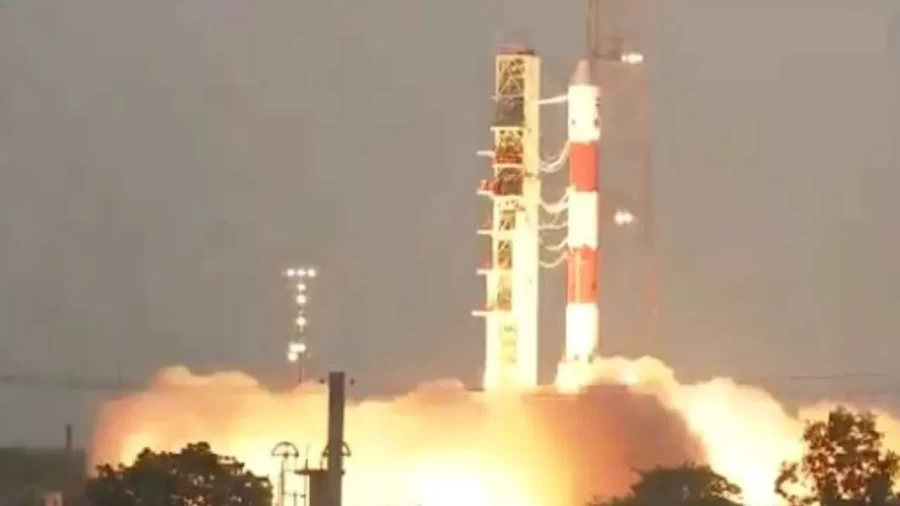ISRO- EOS-09 Mission: The Indian Space Research Organization (ISRO) suffered a major setback when its highly ambitious Earth Observation Satellite (EOS-09) mission failed in its objective. EOS-09 was launched on Sunday morning at 5:59 am from Satish Dhawan Space Center in Sriharikota, Andhra Pradesh through PSLV-C61 rocket. However, the mission remained incomplete due to a technical fault during the third stage.
ISRO chief V. Narayanan informed soon after the launch that the mission did not perform as expected and due to failure in the third stage, EOS-09 could not be placed in its orbit. He said, "We are doing technical observation on this and will share the reasons after thorough analysis."
EOS-09: An important mission
EOS-09 was considered to be a repeat version of EOS-04, which was launched in 2022. Its objective was to provide remote sensing data in various areas across the country and improve the frequency of observation. This satellite could play an important role in important areas like agriculture, forestry, disaster management, urban planning and security.
The mission weighed about 1,696 kg, and if it was successful, it would add another important link to the EOS chain. It was planned to be placed in Sun Synchronous Polar Orbit (SSPO), from where it would be able to send high quality images of the earth's surface 24x7 in all weather conditions.
PSLV's 63rd and ISRO's 101st mission
This was the 63rd mission of PSLV rocket and this was the 101st attempt in the total number of missions of ISRO. PSLV rocket has strengthened ISRO's credibility globally in the past years. Therefore, there was full expectation of success from this mission as well. The first two stages of the launch were normal, but a technical fault in the third stage caused the mission to fail.
Way forward
This failure may have caused an immediate setback to ISRO's mission, but it will not dampen the enthusiasm of the organization's scientists. ISRO's history shows that it has always made a better comeback by learning from failures. The future strategy will be decided by analyzing the failure of EOS-09 and future missions will be made more robust by removing possible flaws.


